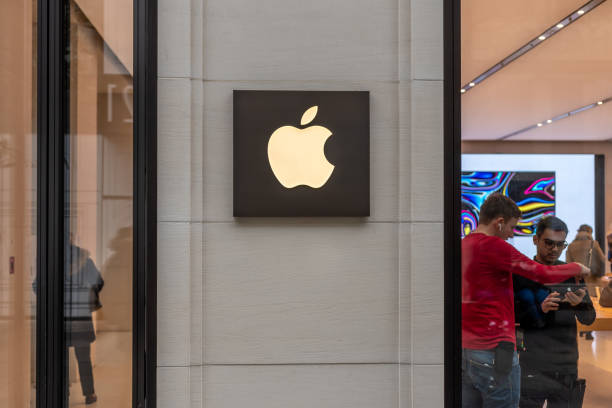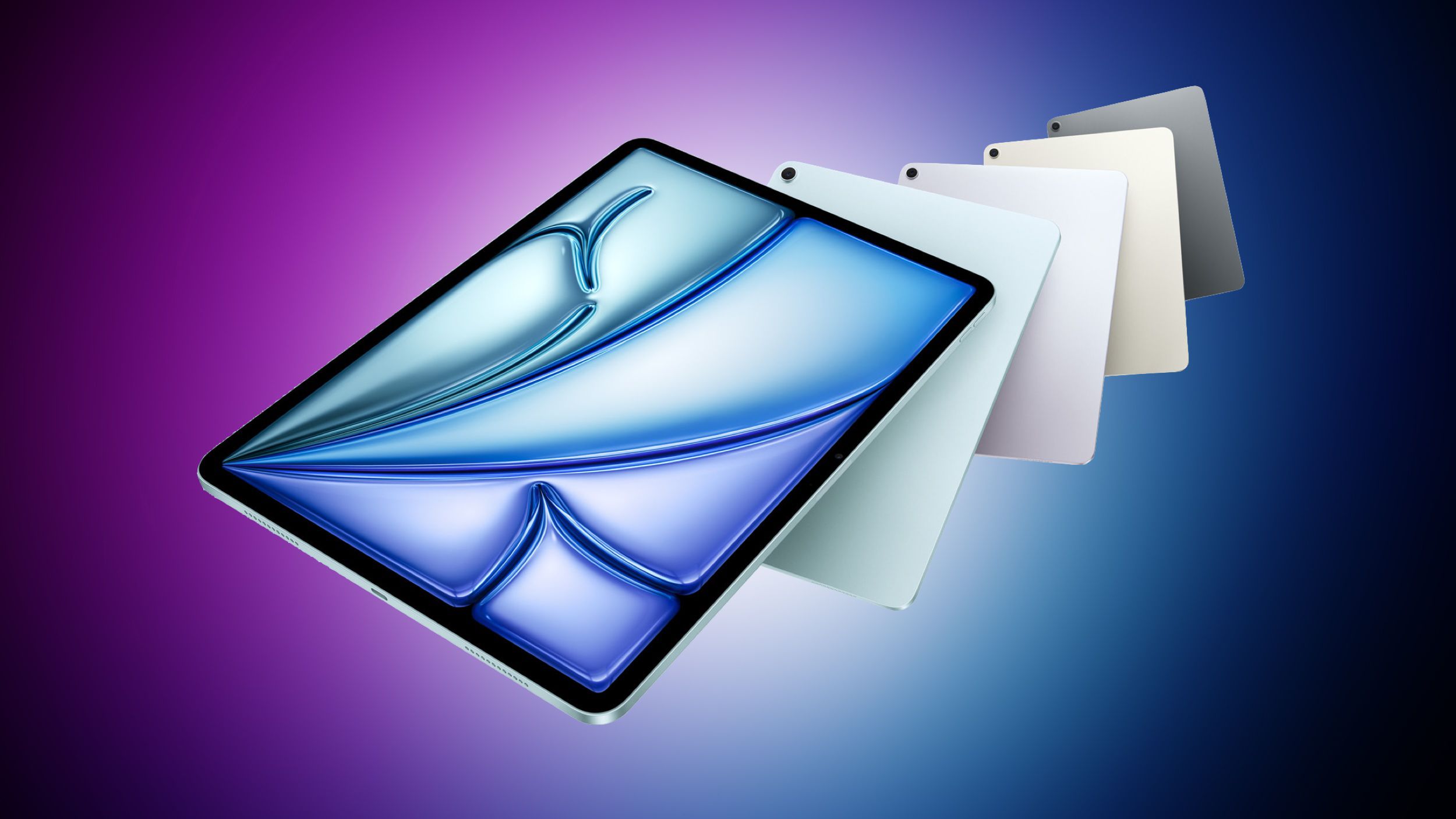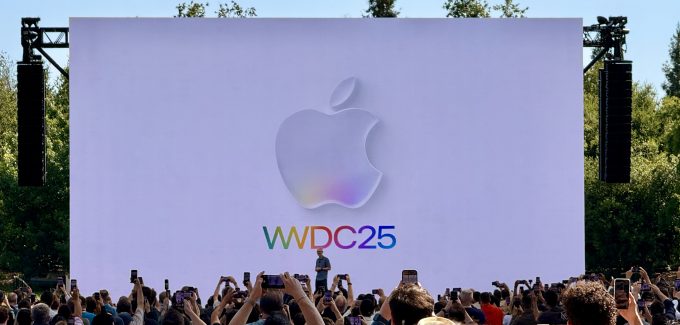
Apple consistently sets benchmarks in technological development by introducing groundbreaking features and redefining industry norms. With each new iteration of its products, the company showcases their innovation with a commitment to seamlessly integrating functionalities into the daily lives of users. In its recent strides towards real money integration, Apple has stimulated a significant paradigm shift with implications reaching far and wide across consumer behavior and the broader digital ecosystem.
The Evolution of Digital Transactions
The concept of digital transactions has been steadily advancing, with numerous platforms offering convenient alternatives to traditional currency. However, Apple's approach to real money integration transcends mere convenience, aiming to revolutionize how individuals interact with their finances on a fundamental level. This shift underscores the broader trend towards digitalization in financial services, reshaping consumer expectations and industry standards dramatically.
Apple Pay: Facilitating Contactless Transactions
At the forefront of Apple's real money integration efforts lies Apple Pay, a service designed to enable secure transactions using iPhones, Apple Watches and other compatible devices. Utilizing near-field communication (NFC) technology, Apple Pay facilitates seamless contactless payments at millions of locations worldwide, thus reducing reliance on physical cards or cash. Furthermore, the widespread adoption of Apple Pay underscores the increasing demand for frictionless payment solutions, driving merchants to embrace digital payment methods to meet consumer preferences.
Enhanced Financial Management with Apple Card
Complementing Apple Pay is the Apple Card, a digital credit card issued in partnership with Goldman Sachs. Integrated into the Wallet app, the Apple Card provides users with a streamlined experience for managing finances, offering real-time transaction tracking, spending insights and robust security features. This integration simplifies financial management, representing a convergence of technology and finance, blurring the lines between traditional banking and digital innovation.
Exploring Cryptocurrency Integration
Apple has begun exploring the integration of cryptocurrencies into its ecosystem. While specifics remain sparse, speculation surrounds the potential for Apple to incorporate support for cryptocurrencies within its platforms, offering users broader access to digital assets. This exploration underscores the growing mainstream interest in cryptocurrencies and their potential to reshape the future of finance, prompting established players like Apple to consider their role in this emerging ecosystem. Furthermore, this strategic move aligns with Apple's commitment to staying at the forefront of technological innovation and meeting the evolving needs of its users.
Implications for Consumers
For consumers, Apple's venture into real money integration promises enhanced convenience, security and accessibility. Consolidating financial services within its ecosystem, Apple empowers users to manage their money more efficiently while simplifying the complexities associated with traditional banking and payment systems. This expanded integration also opens doors for new avenues of lifestyle-based entertainment, such as the latest real money mobile casinos, streaming platforms, digital publications and relaxation apps, providing users with additional options for recreational activities within the Apple ecosystem.
Navigating Regulatory Complexities
Integrating real money features into Apple's ecosystem presents regulatory challenges, particularly concerning compliance and oversight. As digital transactions become increasingly prevalent, regulators worldwide face the task of providing financial stability and consumer protection within this evolving landscape. Amidst this, transparency in financial operations becomes paramount, necessitating robust reporting mechanisms and accountability measures. Ultimately, encouraging open dialogue and collaboration between Apple and regulatory bodies can facilitate the development of effective frameworks that balance innovation with consumer protection.
Stimulating Competition and Innovation
Apple's embrace of real money integration is poised to stimulate innovation and competition within the digital payments sector to provide users with a secure and private experience. Setting new standards for user experience and security, Apple incentivizes other industry players to enhance their offerings, ultimately benefiting consumers through greater choice and improved services. Moreover, this drive towards innovation can spur collaborative efforts and partnerships, further accelerating advancements in the fintech domain. This collaborative atmosphere encourages an environment where diverse ideas flourish, pushing the boundaries of what's possible in digital finance.
Charting the Path Forward
As Apple continues its journey towards deeper real money integration, the company must navigate a multifaceted landscape characterized by technological advancements, regulatory scrutiny and shifting consumer preferences. By maintaining a steadfast commitment to innovation and user-centric design, Apple can ensure its products and services remain at the forefront of the digital finance revolution. Additionally, encouraging open dialogue with regulatory bodies can facilitate the development of frameworks that balance innovation with consumer protection, promoting a sustainable ecosystem for all stakeholders involved.
Final Notes
Apple's unveiling of real money integration across its latest tech releases underscores its role as a technological innovation pioneer. Through services like Apple Pay, Apple Card and potential cryptocurrency integration, Apple empowers users to transact with greater ease, security and flexibility. As Apple continues to push boundaries and shape the future of digital finance, the implications for consumers and the broader ecosystem are profound, heralding a new era at the intersection of technology and finance.
















